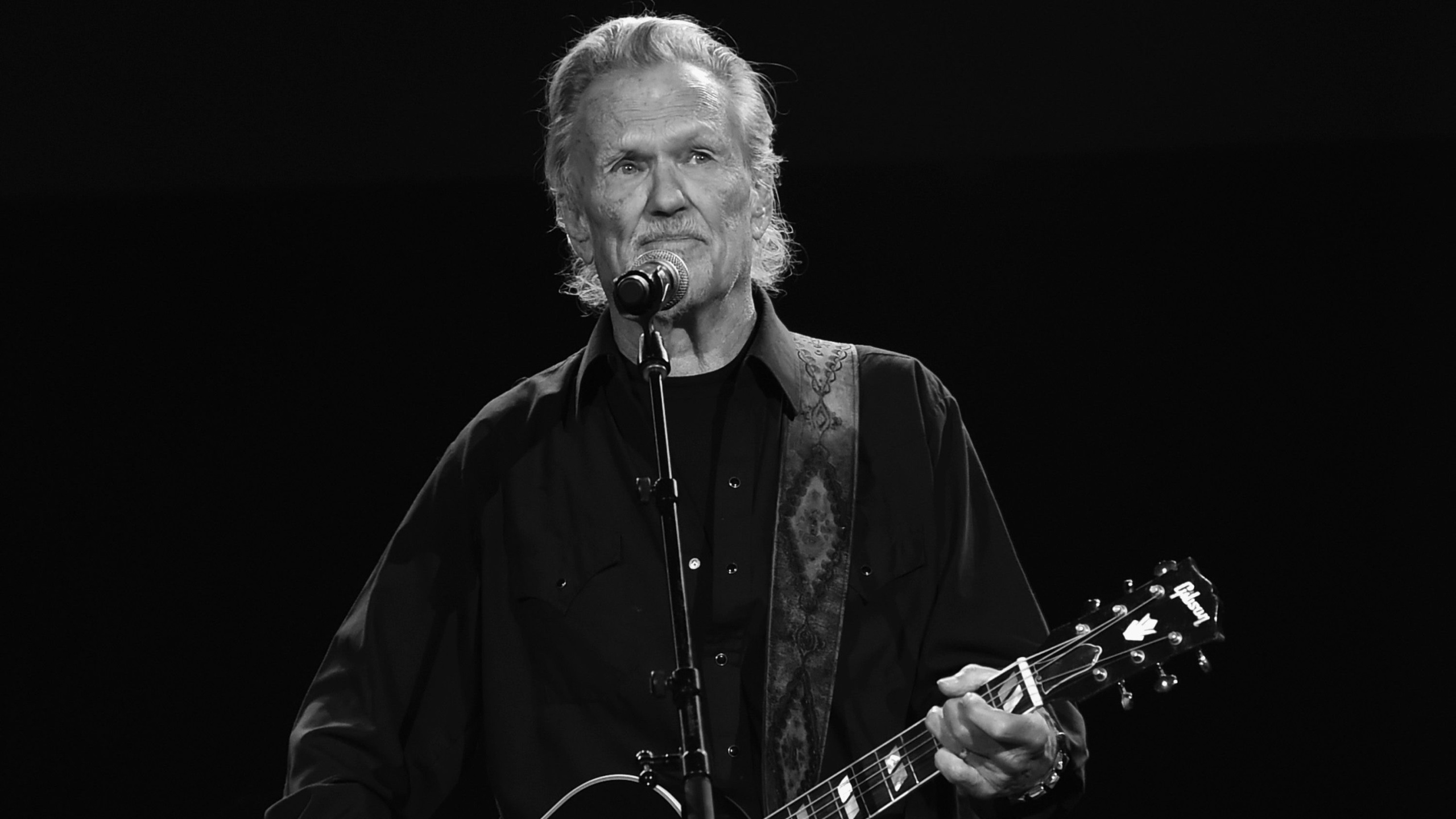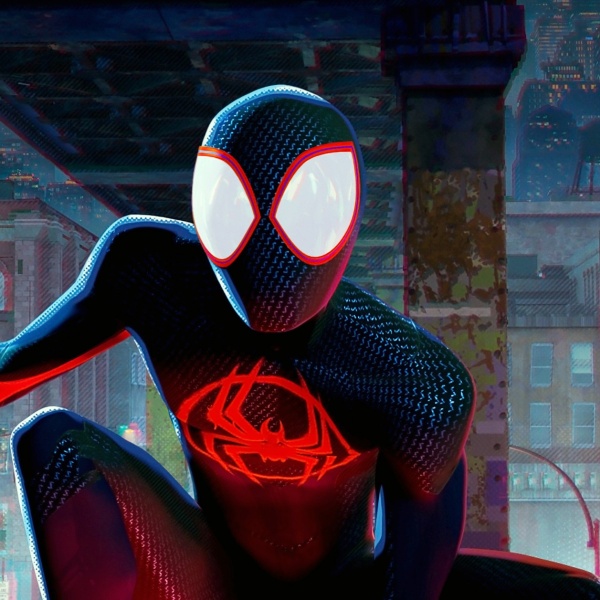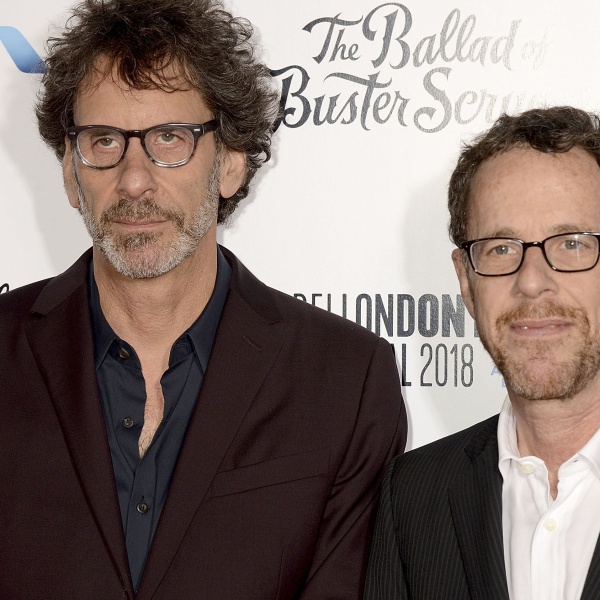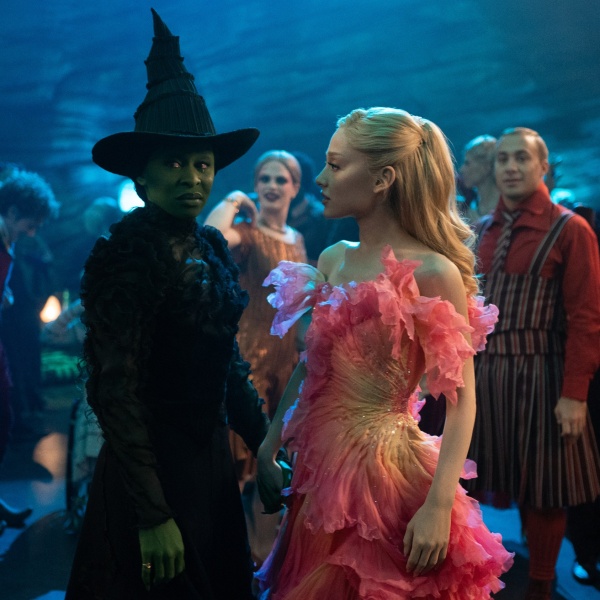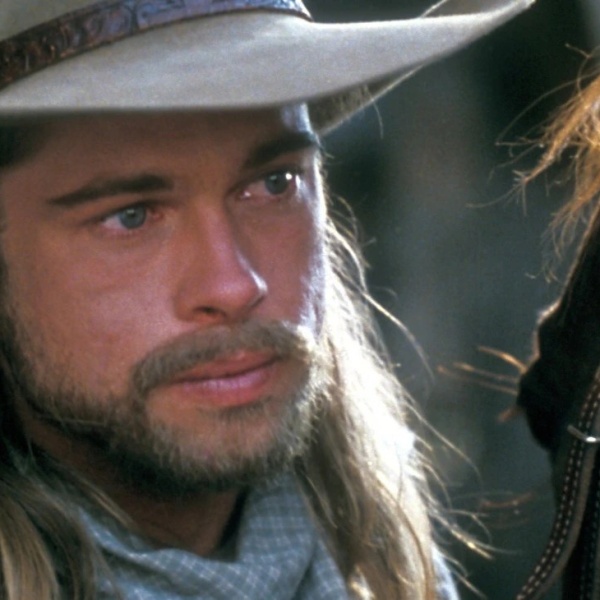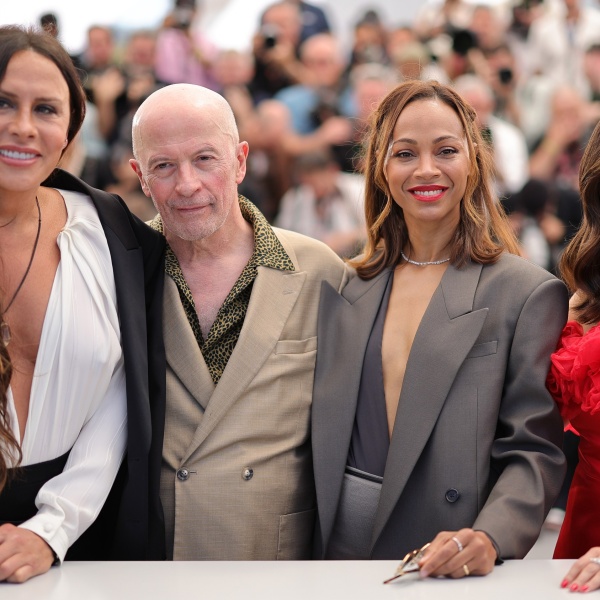Kris Kristofferson — the tough yet weary country music singer/songwriter behind “Sunday Mornin’ Comin’ Down” and “Help Me Make It Through the Night,” as well as the rugged leading man featured in romances like “A Star is Born” (1976) and westerns like “Pat Garrett and Billy the Kid” — has died at 88. He passed away in his home in Maui, Hawaii.
A statement released by his family reads, “We’re all so blessed for our time with him. Thank you for loving him all these many years, and when you see a rainbow, know he’s smiling down at us all.”
A proud son of South Texas, Kristofferson was also a military brat who often hopped around before finally settling in San Mateo, California. He went on to attend Pomona College where he excelled in rugby, American football, and track and field. At one point, he was even featured on the cover of Sports Illustrated. He graduated summa cum laude with a degree in literature and was awarded a Rhodes Scholarship to The University of Oxford in London, where he continued with rugby, as well as boxing, and also started writing songs. After graduating with a Bachelor of Philosophy in 1960, under pressure from his family, Kristofferson joined the U.S. Army, starting out as a helicopter pilot before attending Ranger school. He was ultimately stationed in West Germany before being given an assignment to teach English at West Point. Turning the job down, Kristofferson pursued a career in music, a choice that led to his family disowning him.
Moving to Nashville in 1965, Kristofferson took a job sweeping floors at Columbia Recording Studios, where he met June Carter, future wife to Johnny Cash, but then only his musical partner. He gave Carter tapes to give to Cash, but when she was unable to get him to listen, Kristofferson landed a helicopter in Cash’s yard to earn his attention. It’s unclear whether Cash was actually home at the time, but the famous country music star eventually recorded Kristofferson’s “Sunday Mornin’ Comin’ Down,” winning him Songwriter of the Year at the 1970 Country Music Association Awards.
Kristofferson continued writing songs for beloved singers such as Jerry Lee Lewis (“Once More with Feeling”), Roy Drusky (“Jody and the Kid”), and Faron Young (“Your Time’s Comin’) before soon becoming a recording artist in his own right. At the same time, his chiseled features and twinkling eyes soon caught the attention of Hollywood, earning him roles in projects from legendary filmmakers like Sam Peckinpah (“Bring Me the Head of Alfredo Garcia”), Paul Mazursky (“Blume in Love”), and Martin Scorsese (“Alice Doesn’t Live Here Anymore”). His status as a star of hit films was upended by the release of Michael Cimino’s “Heaven’s Gate,” an epic and highly detailed western that sent United Artists into bankruptcy and is considered a contributing factor to the end of the independent cinema movement that flourished during the late ’60s and ’70s. However, Kristofferson always praised the film‘s appeal and it has since been reappraised as an unappreciated gem of the western genre.
During the 1980s, Kristofferson joined forces with country stars Willie Nelson, Waylon Jennings, and Johnny Cash to form the super-group, The Highwaymen. Later in his career, he went on to star in an extremely varied selection of films, from John Sayles’ “Lone Star” to Richard Linklater’s “Fast Food Nation,” as well as Wesley Snipes’ “Blade” trilogy.
In one of his more public showings of support for fellow artists, in 1992, following Irish singer Sinéad O’Connor‘s reviled protest of ripping a photo of Pope John Paul II during her set on “Saturday Night Live,” Kristofferson refused to pull her off stage while she was getting booed at Madison Square Garden during a Bob Dylan tribute concert.
“I was not about to do that,” Kristofferson said in 2010 on the Irish television show “Saturday Night with Miriam.” “I went out and I said, ‘Don’t let the bastards get you down,’ and she said ‘I’m not down,’ and she sang. It was very courageous. It just seemed to me wrong, booing that little girl out there, but she’s always had courage.”
If anyone knew about courage, it was Kristofferson and his work and actions continue to serve as a powerful message to those who may need a little push in order to follow their heart.
